Are you guilty of waltzing down the aisle and filling up your shopping cart with things that aren’t on the list? So am I. Maybe it’s the luminous lighting, the grandiosity of the store, the endless choices and options, strategically placed products at the checkout counters, or the constant promotional announcements that mess with your sanity – and your budget.
According to a 2020 report released by the United Nations World Food Programme, In-dia spends an average of 3.5 percent of their daily income on a plate of food, as opposed to a New Yorker who spends a mere 0.6 percent of their daily income on a plate of food. Keeping up with the most popular pandemic trend, more and more people are now eating/cooking at home and altering their shopping habits. Managing the weekly grocery budget has now become a priority.
If your food budget is off the charts, now is an ideal time to re-evaluate your grocery purchasing habits. Becoming more frugal at grocery shopping also helps you cut down on waste. From price comparing to using discounts to buying in bulk, here are the best ways I've learned to budget and maximise savings when grocery shopping.
Check your pantry
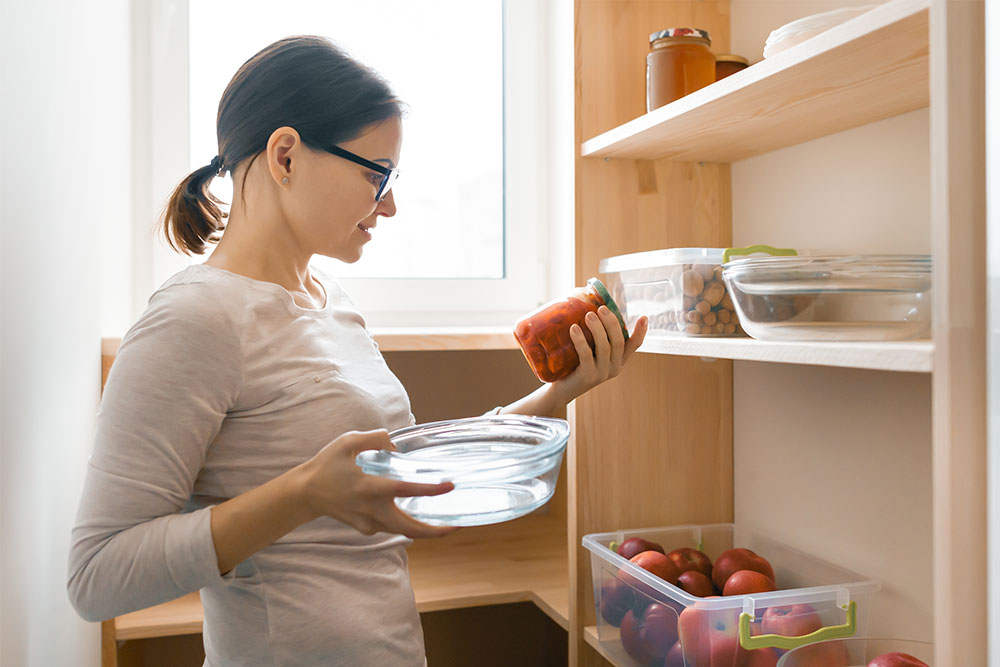
Over consumption and food waste go hand-in-hand. To cut down on both, begin every shopping trip with a visit to your kitchen. Look through your pantry or refrigerator and see what all you already have. Waste includes fresh produce or goods that slowly rot past expiration date, so make sure not to add those items to the list as you clearly don’t consume them. Take note of what you already have on hand and what needs to be eaten ASAP.
Plan your meals
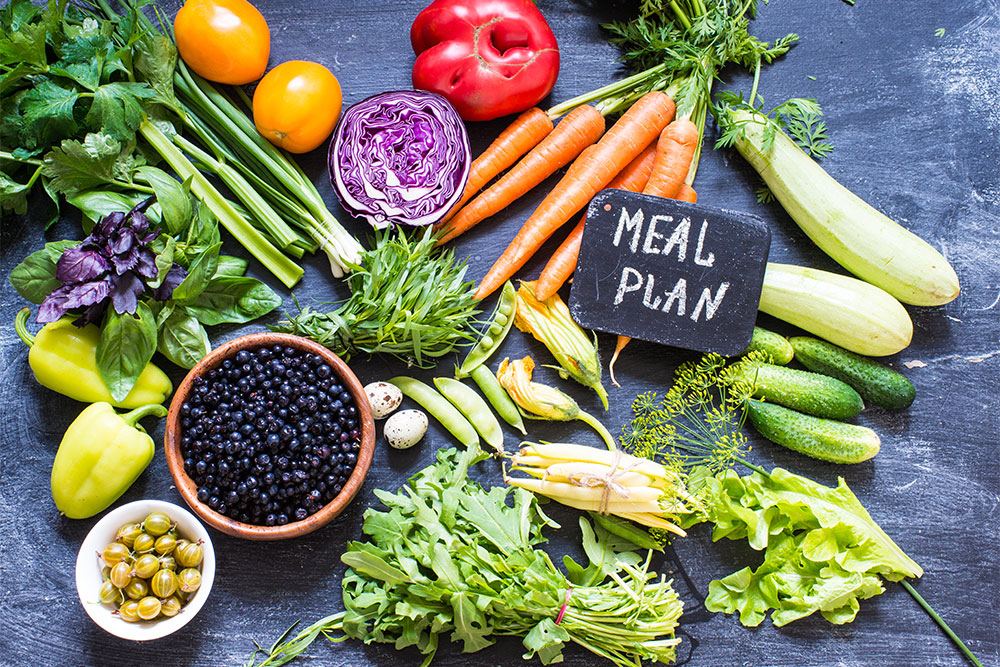
Plan your meals and menus. Set an estimate on the quantity of the pantry staples (milk cartons, salt, sugar, rice, flour, pulses, millets, oil, etc) you require in a month. You could buy non-perishable staples like rice, flour and pulses for a month at a time. Buy your fresh produce weekly based on your menu.
Simplify your cooking
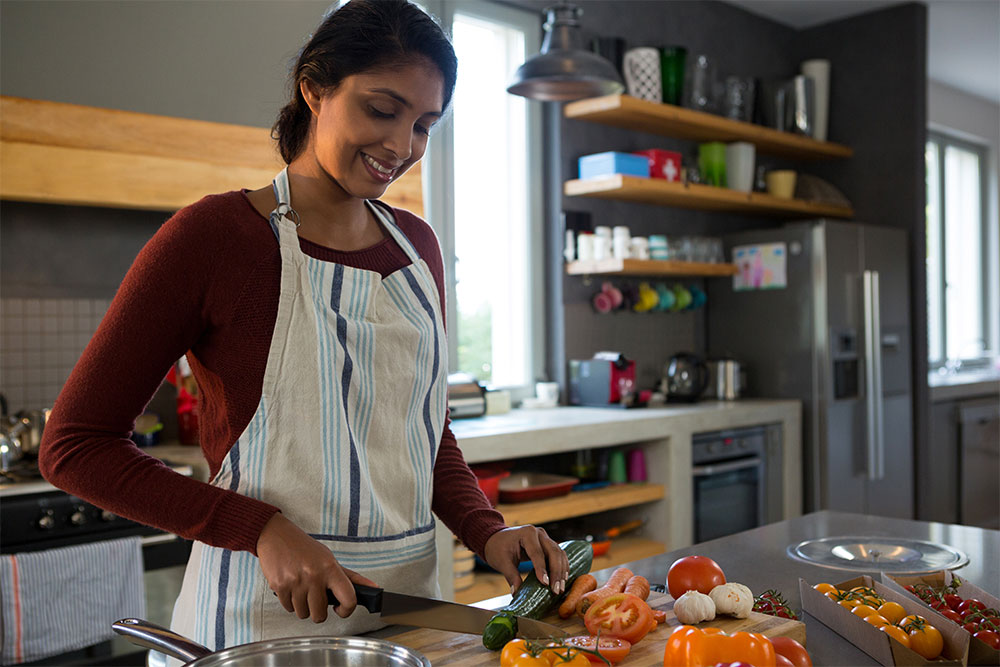
Everyone loves trying out new recipes and experimenting with new flavours and cuisines, but let’s face it, is an expensive hobby. Embracing restraint and simplicity in the kitchen is one way to save on groceries. Instead of buying expensive, exotic produce and spices for a recipe you might only make once, experiment with simple ingredients and be innovative.
Make a list

Always go to a grocery store with a list in hand and make it a rule to always stick to the list. You’re less likely to forget to buy everything you need, and you don’t spend more than you planned on impulse purchases.
Eat before you shop
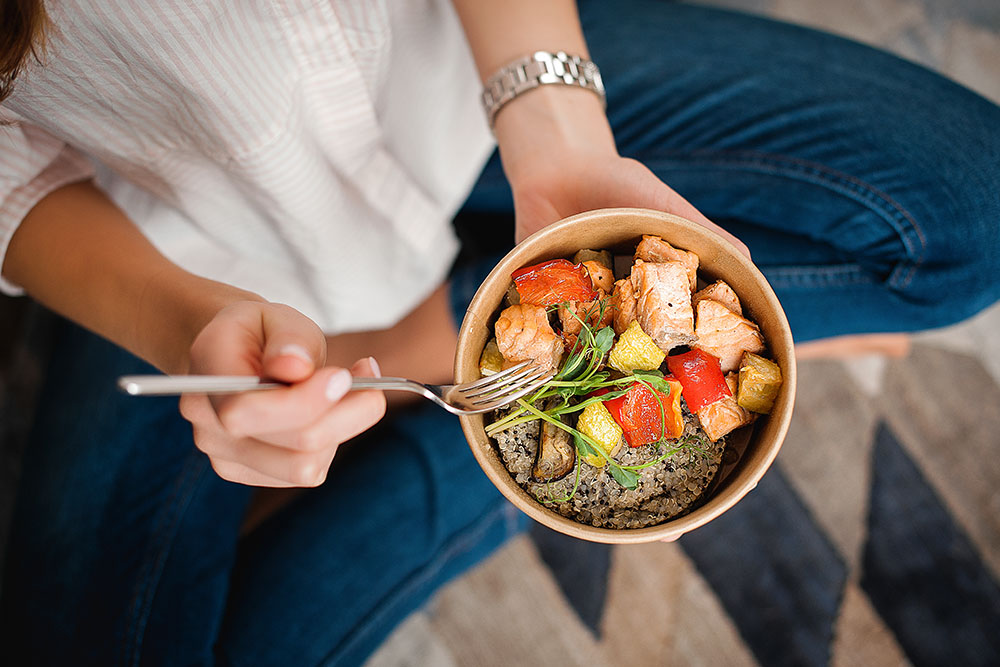
If grocery shopping without a list is sin number one, a close second is shopping while hungry. When you go to the store on an empty stomach, you’re more likely to give in to your cravings and add items you don’t need.
Shop alone

Word to the wise, if you find that your kids/ partner are the perpetrators of adding all those ice-creams, candies, cookies, chips and other unwanted items to your cart, you might want to leave them at home. Shopping solo also offers other benefits. For example, you’re likely to spend less time in the store when it’s just you and it also gives you some me time.
Shop with a calculator
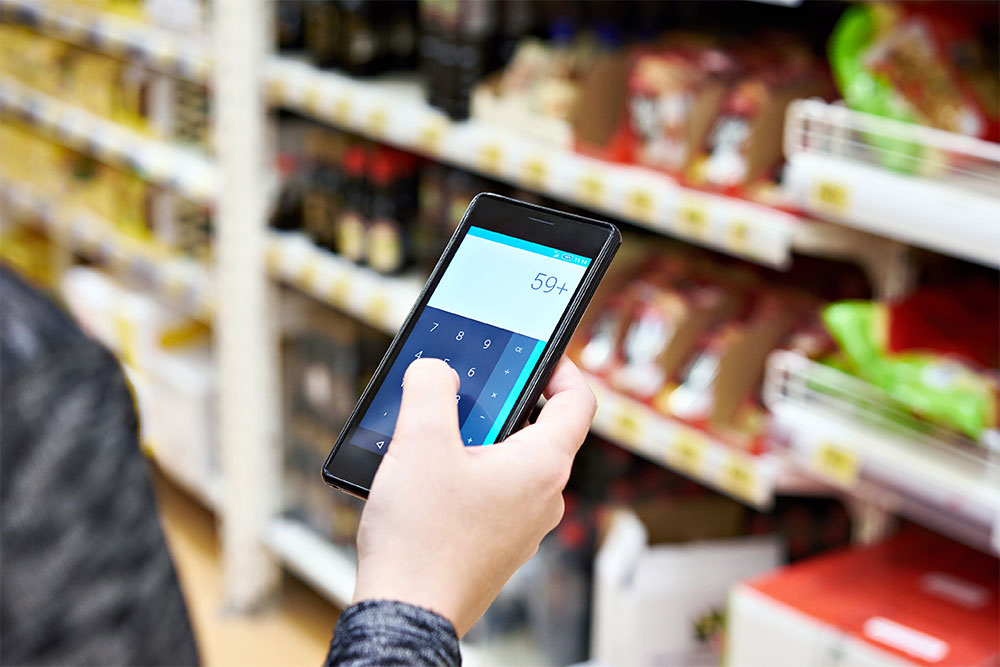
If you're trying to stick to a specific budget, one way to do this is to calculate every item as you add it to your cart. This will also help avoid impulse purchases.
Don’t fall prey to the aisle scam

Grocery stores strategically place high-priced brands with fancy packaging at eye level so you're more likely to grab it without looking around for a better deal. Scan the aisle and shelves before you purchase—the Rs 150 jam may be hidden underneath the Rs 225 ‘imported’ one.
Look for offers and discounts

One of the easiest ways to save money on groceries is to buy the items that are on sale each week. You could also look for cash back offers. If you know that you will use a certain non-perishable item quite often, then stock up on it.
Don’t be afraid to switch brands
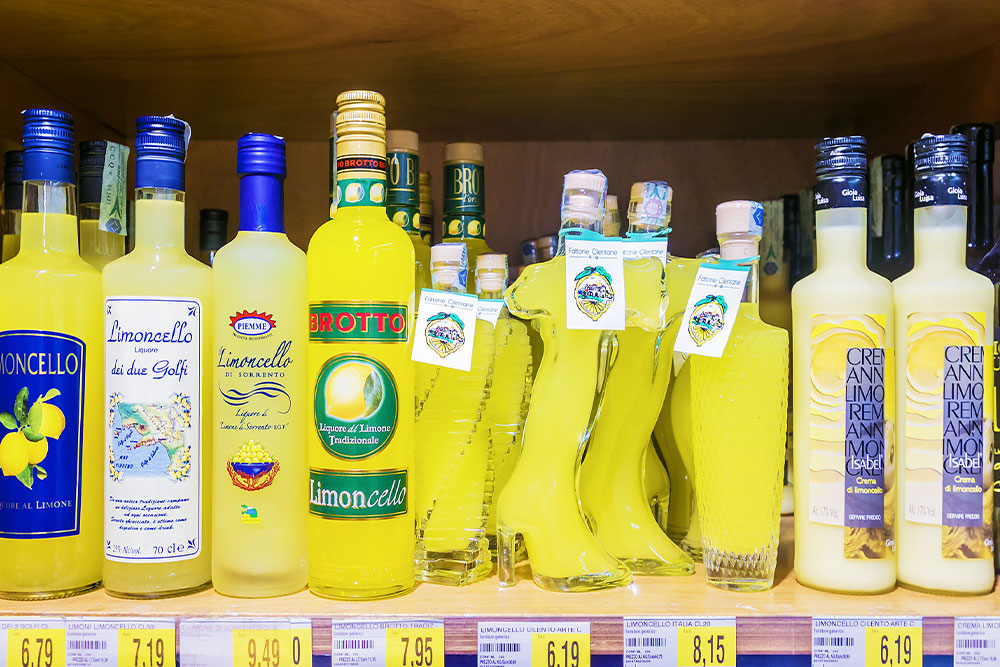
Compare prices, don’t be afraid to switch to store brand goods or buy the brand that is on sale. The quality of the store brand goods is just as good. The stores do not have the high cost of advertising or marketing, which helps them sell at a competitive rate.
Buy local
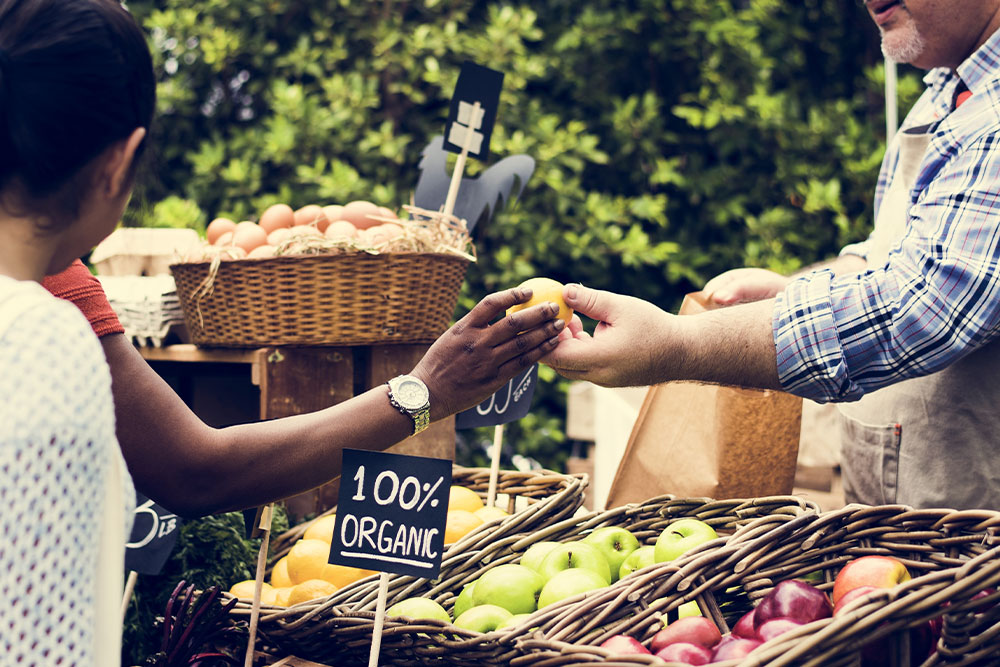
The biggest reason for buying organic is the fact that your fruits and vegetables will contain less synthetic pesticide residue. While packaged organic products usually come with a higher price tag, buy from local farmers who are also reducing their carbon footprint by relying on crop rotation and natural fertilizers rather than synthetic chemicals.
Pay with cash or your debit card
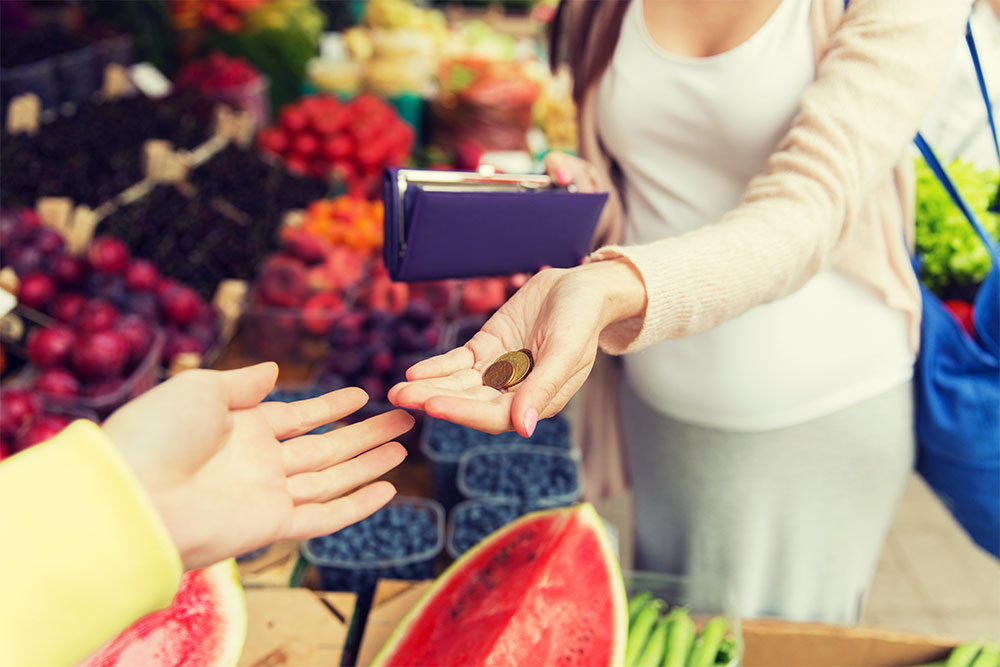
Never use your credit card while buying groceries. Always use money on hand and stick to the set budget.